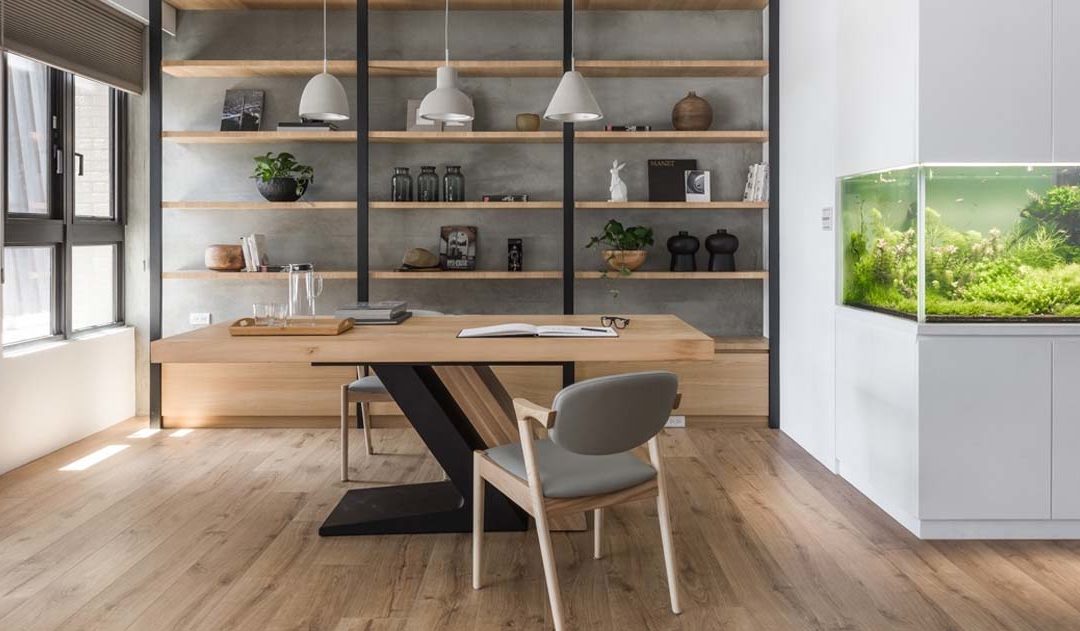Using part of your home as a long-term business space, you may be eligible for the home office deduction.
The pandemic forced a lot of employees to go and work from home. With time on their hands and some stimulus checks on the other, many have actually ventured into their own business and are still up and running today.
Without proper guidance, most of these new businesses don’t know that if you use a portion of your home regularly for business, you can take the home office deduction.
How can you qualify?
This deduction must be for a home– a single-family home, a condo, a houseboat, or even an apartment; whether you are the owner or you rent, as long as it is not temporary.
1️⃣ Regular and Exclusive Use.
The part of your home you have allotted must be exclusive for business purposes and used regularly.
If you have an extra room at home and you use it as an office but you also use it as an exercise room, it’s a no-go.
2️⃣ Principal Place of Your Business
The part of your home allotted (including free-standing structures, like a barn or a garage) must be your principal place of business.
This does not mean that you cannot have other places as part of your business, only that the place you have set in your home must be used regularly and exclusively.
Two Options for Home Office Deductions
You then have a choice of using the simplified or the regular option for a tax deduction. Each of these has its own merits.
1️⃣ Simplified Option
- The way you compute the amount is very simple and based on the area of space occupied.
- It’s $5 per square foot of space used for your home business, at a maximum of 300 sqft ($1500), that’s about 17 feet by 17 feet.
- There’s no deduction on depreciation.
- The deduction cannot be higher than your gross income.
2️⃣ Regular Method
- This option is a bit more complicated, and you need to keep all your receipts for equipment purchases, utility bills (electric, water, internet), and repairs done.
- You deduct actual direct expenses in full. If you made a renovation, repair, or installed new utilities solely for the home office.
- Indirect expenses need to be in the percentage of your home used by the business. This includes general repairs to the house, interest, mortgage, insurance, real estate taxes, and others.
- Depreciation is deducted based on the portion of your home set aside for business.
If the deduction is in excess of your gross income, it may be carried over.
Here is publication 587, “Business Use of Your Home,” from the IRS website, where you can get a more detailed approach to this deduction.
It can be very complex and hard to understand at the start, but this is a significant tax deduction that home-office users need to include in their returns. If you need more assistance, Peter Witts CPA is more than willing to walk you through these rules.

